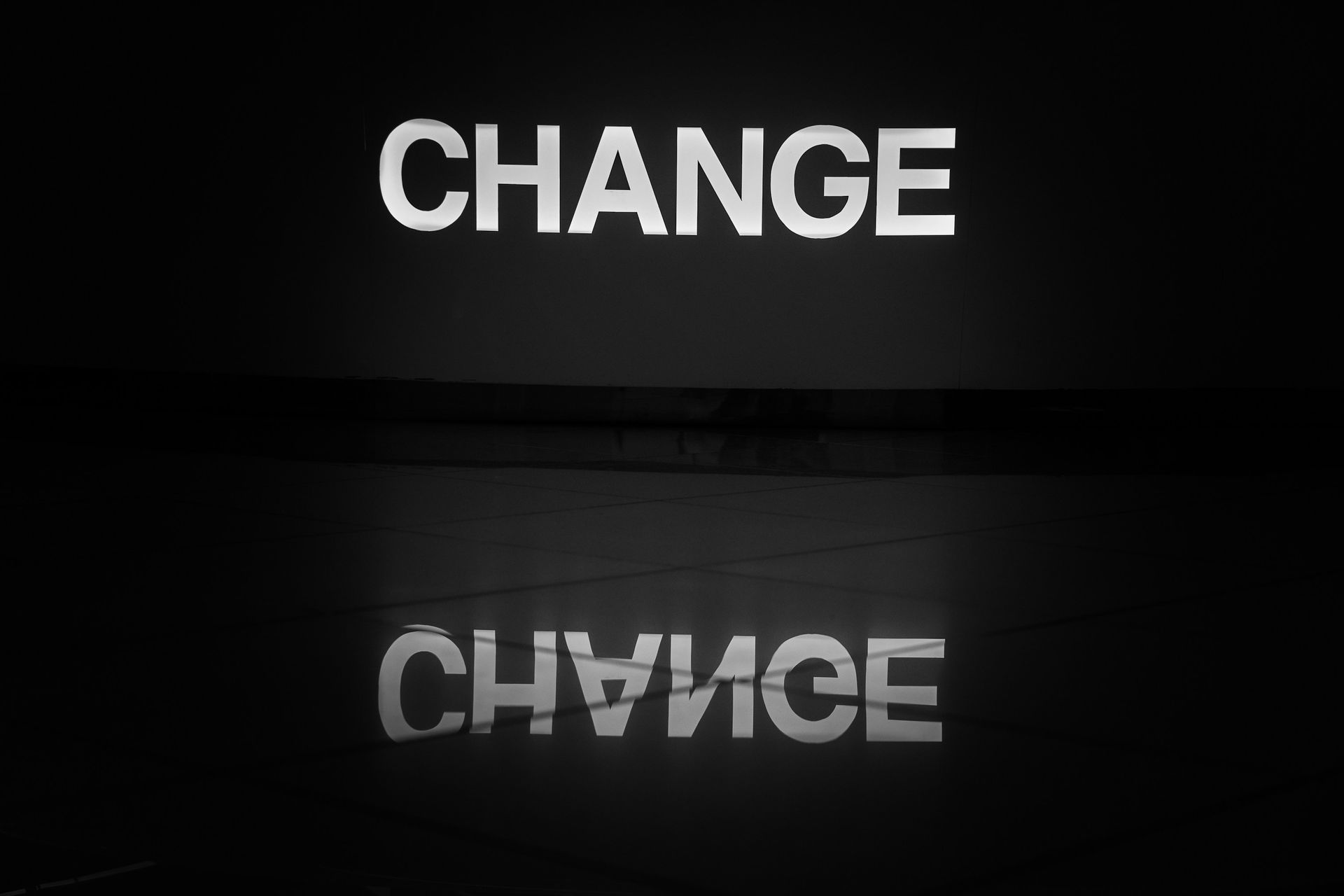Upgrade Your Interviewing Consistency With A Scorecard
Using a scorecard for interviewing assessment
Using a scorecard for interviewing assessment is a valuable practice for several reasons. A well-designed interview scorecard provides structure, consistency, and objectivity to the interview process, helping organisations make more informed and fair hiring decisions. Here are some key reasons why using a scorecard for interviewing assessment is beneficial:
- Objective Evaluation: A scorecard helps interviewers objectively assess candidates based on predetermined criteria. This reduces the influence of personal biases and ensures that all candidates are evaluated on the same set of criteria, promoting fairness in the hiring process.
- Consistency: With a scorecard, each interviewer rates candidates on the same set of competencies and behaviors. This consistency ensures that all candidates are evaluated using the same standards, which is crucial for making fair and meaningful comparisons.
- Alignment with Job Requirements: Scorecards are typically designed to align with the specific job requirements and competencies sought by the organization. This ensures that the interview process is directly focused on identifying candidates who possess the skills and qualities needed for success in the role.
- Clarity and Communication: A scorecard provides clarity to interviewers about what they should be assessing in candidates. It helps interviewers understand the key competencies and qualities that are important for the position, enabling them to ask relevant questions and gather pertinent information.
- Data-Driven Decision-Making: By assigning numerical scores or ratings to candidates based on their performance in the interview, organizations can collect data on each candidate's strengths and weaknesses. This data can be valuable for making informed hiring decisions and for future reference.
- Enhanced Collaboration: When multiple interviewers are involved in the hiring process, a scorecard helps standardize the evaluation process and makes it easier for interviewers to collaborate and share feedback on candidates. This can lead to more well-rounded assessments.
- Candidate Feedback: A scorecard can serve as a structured tool for providing feedback to candidates after the interview. It allows interviewers to provide specific, constructive feedback based on the evaluation criteria.
- Legal Compliance: A consistent interview evaluation process, as facilitated by a scorecard, can help organisations demonstrate compliance with employment laws and regulations. It reduces the risk of discrimination or bias in hiring decisions.
- Better Hiring Decisions: Ultimately, the use of a scorecard helps organisations make better hiring decisions by ensuring that candidates are assessed comprehensively and objectively. It helps identify the most qualified candidates for the role.
- Continuous Improvement: Over time, organizations can analyse data from interview scorecards to identify trends, areas for improvement in the hiring process, and potential adjustments to the criteria used for assessment.
In summary, using a scorecard for interviewing assessment is a best practice that promotes fairness, consistency, and objectivity in the hiring process. It aligns the interview process with job requirements, facilitates data-driven decision-making, and helps organisations make more informed hiring decisions.



